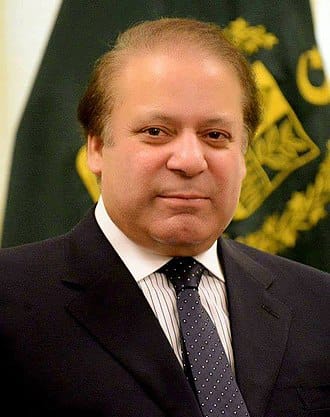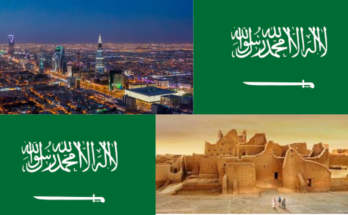Nawaz Sharif, a prominent figure in Pakistan’s political landscape, has been a central character in the country’s governance for decades. Born on December 25, 1949, in Lahore, Punjab, he emerged from a business background to become one of Pakistan’s most influential politicians. As the leader of the Pakistan Muslim League-Nawaz (PML-N), Sharif has served as Prime Minister three times, making significant contributions to the country’s political and economic development.
Early Life and Business Career
Nawaz Sharif hails from a wealthy industrial family. He attended the Government College University in Lahore, where he earned a degree in economics. After completing his education, he joined his family’s steel business, the Ittefaq Group, which played a crucial role in shaping his financial acumen. His business success laid the groundwork for his entry into politics.
Political Rise: The Formation of PML-N
Sharif’s political journey began in the 1980s when he was appointed as the Finance Minister of Punjab. His close ties with the military establishment during General Zia-ul-Haq’s regime facilitated his rise within the political arena. In 1993, he founded the Pakistan Muslim League-Nawaz (PML-N), positioning himself as a champion of conservative values and economic growth.
His first term as Prime Minister began in 1990 after the PML-N won a majority in the National Assembly. During this tenure, Sharif focused on economic reforms, infrastructure projects, and privatization of state-owned enterprises. His policies aimed to liberalize the economy and attract foreign investment.
Challenges and Controversies
Despite his initial successes, Nawaz Sharif’s first term was marred by controversies. His government faced allegations of corruption and nepotism, leading to tensions with the military establishment. In 1993, he was dismissed by then-President Ghulam Ishaq Khan, only to be reinstated by the Supreme Court. The political instability led to his resignation later that year.
Sharif returned to power in 1997, winning a landslide victory. His second term was characterized by ambitious projects, including the Lahore-Islamabad Motorway and the establishment of the Punjab Education Foundation. However, his authoritarian tendencies, such as attempts to curb media freedom and dismiss the judiciary, fueled opposition. In 1999, his government was ousted by a military coup led by General Pervez Musharraf.
Exile and Return to Politics
Following the coup, Nawaz Sharif was arrested and faced charges of corruption. He was later exiled to Saudi Arabia in a deal brokered by the military. During his time in exile, he remained an influential figure in Pakistani politics, advocating for democratic governance.
In 2007, Nawaz Sharif returned to Pakistan and resumed political activities. He played a key role in the movement for the restoration of the judiciary and democracy, which culminated in the end of Musharraf’s rule in 2008.
Third Term as Prime Minister (2013-2017)
In the 2013 general elections, Nawaz Sharif’s PML-N achieved a decisive victory, allowing him to return to the Prime Minister’s office for a third term. His government prioritized economic development, infrastructure projects, and energy reforms. The China-Pakistan Economic Corridor (CPEC) was a hallmark of his tenure, aiming to enhance economic ties with China and boost Pakistan’s infrastructure.
However, his government faced criticism over issues such as rising debt, energy shortages, and allegations of corruption. The Panama Papers leak in 2016 revealed offshore companies linked to Sharif’s family, igniting a political storm.
Corruption Charges and Disqualification
The revelations led to significant political turmoil. In July 2017, the Supreme Court of Pakistan disqualified Nawaz Sharif from holding public office, citing corruption charges. This disqualification marked a significant blow to his political career and the PML-N. Despite the setbacks, Sharif maintained his innocence, claiming that the charges were politically motivated.
Legacy and Ongoing Influence
Nawaz Sharif’s political journey has been tumultuous, marked by both significant achievements and controversies. He is credited with economic reforms and infrastructural development during his tenures. However, allegations of corruption and political maneuvering have tarnished his legacy.
After being allowed to travel to London for medical treatment in 2019, Nawaz Sharif has remained relatively silent politically, but his influence continues through his party and family. His daughter, Maryam Nawaz, has taken a prominent role in PML-N, carrying forward the family legacy in Pakistani politics.
Conclusion
Nawaz Sharif’s journey in Pakistani politics reflects the complexities of governance in a nation grappling with issues of democracy, corruption, and economic challenges. As the leader of the Pakistan Muslim League-Nawaz, his impact on the country’s political landscape remains significant, shaping the future of not only his party but also the broader political discourse in Pakistan.



